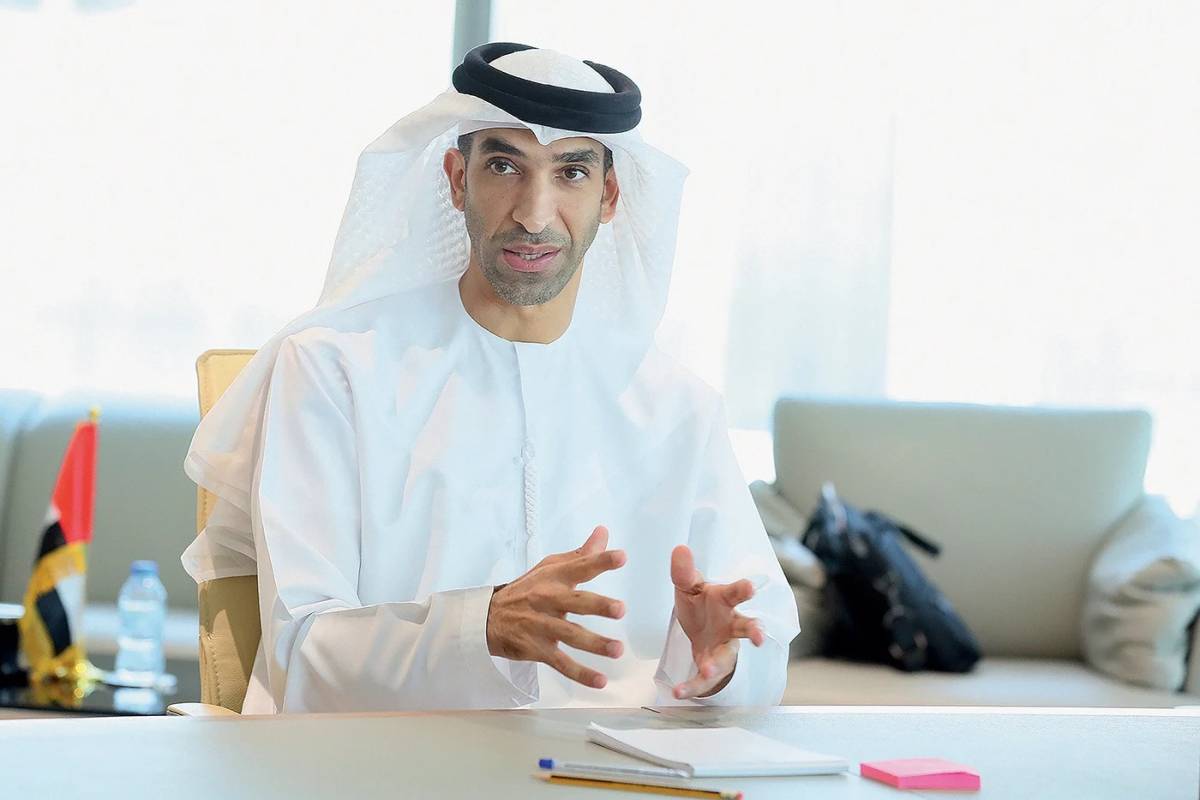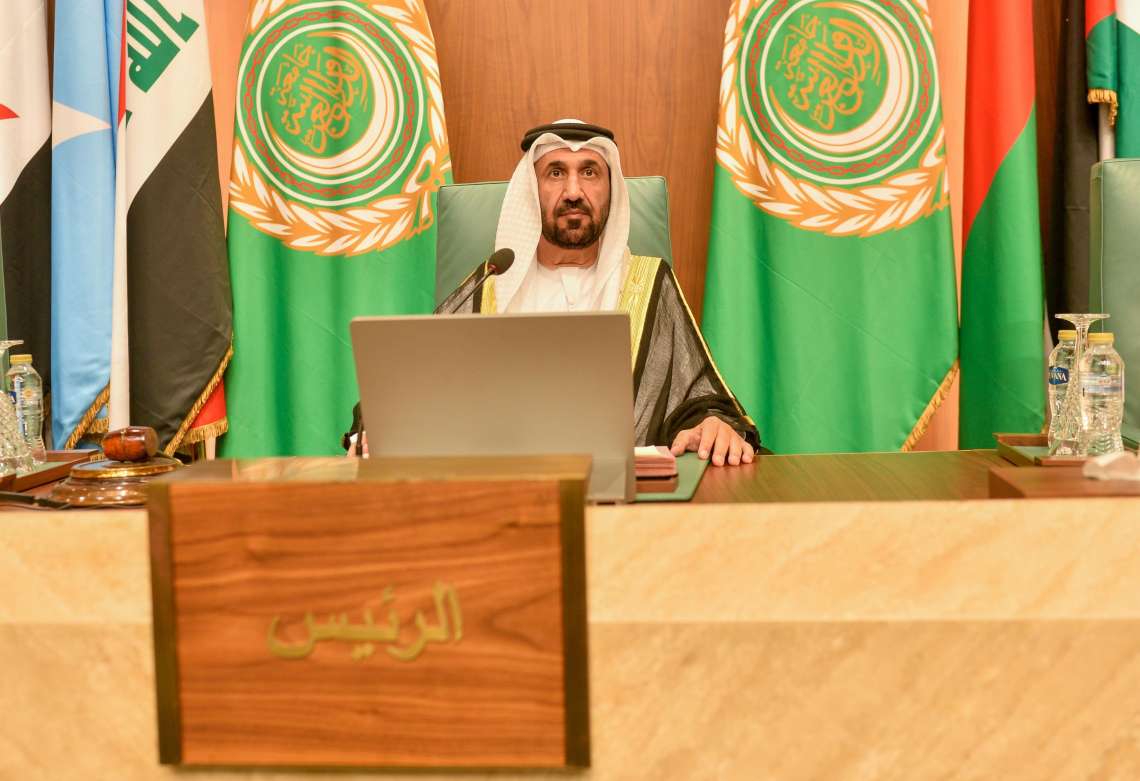UAE Trade Minister said the CEPA will help facilitate global supply chain efficiency, including for agriculture and food products, which would have an impact on food security – Dr Al Zeyoudi speaks to Binsal Abdulkader
The Comprehensive Economic Partnership Agreement (CEPA) signed between the UAE and Israel will help support the global supply chain and food security, said UAE Minister of State for Foreign Trade Dr Thani bin Ahmed Al Zeyoudi.
“This CEPA comes at a critical time for the global economy. The world is beginning to emerge from the global pandemic, but challenges remain, not least as conflict and inflation threaten to stall the global recovery,” said Dr Al Zeyoudi.
“The UAE-Israel CEPA will help facilitate global supply chain efficiency, including for agriculture and food products, which would have an impact on food security. It would also help facilitate the movement of natural persons, especially the business community,” the minister explained.
“The UAE and Israel are now ready to build on the solid foundations [of the diplomatic relations based on the Abraham Accords signed in 2020] to deliver a new era of opportunity and enterprise for our people – and establish a model of mutual respect, tolerance, open and candid discourse, and unity of thought and action,” Al Zeyoudi emphasised.
US$5 bn trade by 2022
The CEPA is expected to push bilateral trade to more than US$10 billion within five years, which would be more than seven times increase compared to US$1.4billion worth trade in 2021, he explained.
Supporting the projected figure, he pointed out the current upward trend in trade transactions that will reach the value of US$5 billion soon. “In the first quarter of 2022, the value of bilateral trade reached US$1.06 billion a growth that points to bilateral trade closing in on US$5 billion by the end of the year.”
The agreement will also open the doors to new export opportunities in the services and services-related sectors, he said.
“The CEPA provides better market access for key UAE products to Israel, such as aluminium, petrochemicals, and polymers such as ethylene and propylene.”
The deal also secures more favourable access for UAE companies to Israel’s market in services, such as business services, communications services, distribution services, environmental services, financial services, tourism and travel-related services, and transport services, Al Zeyoudi explained.
“Israel won’t offer an export subsidy on products destined to UAE to ensure fair competition with UAE products. Israel will offer the UAE additional distribution services, which it has not offered to other trade partners,” he revealed.
CEPA to boost mutual investments, tourism
The minister said he is confident that “this will have a major catalysing effect on mutual investment flows, which is one of the principal objectives of our CEPA agenda.”
Abraham Accords already kick-started mutual investment platforms, including Abraham Fund, which will mobilise US$3 bn in private sector-led investment and development initiatives, he noted. The Abu Dhabi Investment Office’s (ADIO) first-ever overseas office in Tel Aviv, and the Dubai Investment Development Agency’s MoU with the Manufacturers’ Association of Israel to explore investment opportunities are similar initiatives in this direction, Al Zeyoudi pointed out.
The CEPA will also enable investment flows into tourism infrastructure projects and opening more flights between both countries, Al Zeyoudi said, adding that daily flights between Dubai and Tel Aviv will start next month.
The CEPA also offers greater market access for UAE services exports, of which travel and aviation will be the major beneficiaries, he said.
“Business travel will accelerate as more Israeli businesses open up here and Israeli companies participate in conferences and events – which began with Expo 2020 Dubai. Obviously, in terms of visitor numbers, the Abraham Accords created the biggest single change the UAE has welcomed more than 250,000 Israeli visitors by the end of 2021, and that figure will only climb once we fully emerge from Covid.”
ALSO READ:UAE, Turkey review developing defence cooperation
Visa-free entry for all UAE nationals to Israel, the beginning of daily Emirates flights between Dubai and Tel Aviv in June, Etihad Airways and Wizz Air offering direct flights from Abu Dhabi to Tel Aviv-Yafo also help boost the tourist traffic between both countries, the minister said.
Deal to elevate all industries
The CEPA is a broad-based deal that is designed to elevate all industry sectors – this is clear from the near-uniformity of the tariff reduction, Al Zeyoudi noted.
However, it is clear that both economies have similar priorities such as renewable energy, healthcare, advanced technology, water and food security, logistics and transport, space sciences etc.
Since the signing of the Abraham Accords, there has been a series of important MoUs and investments in these sectors, he noted.













